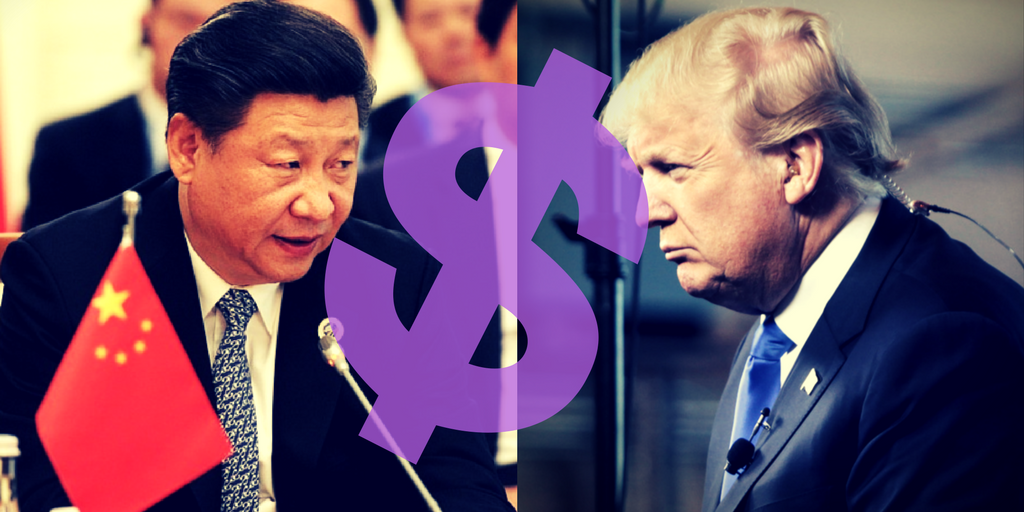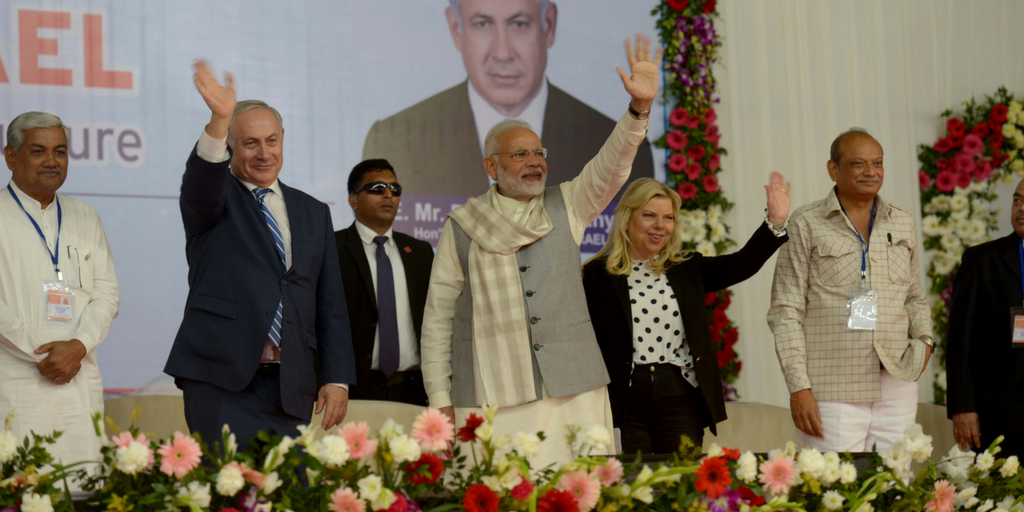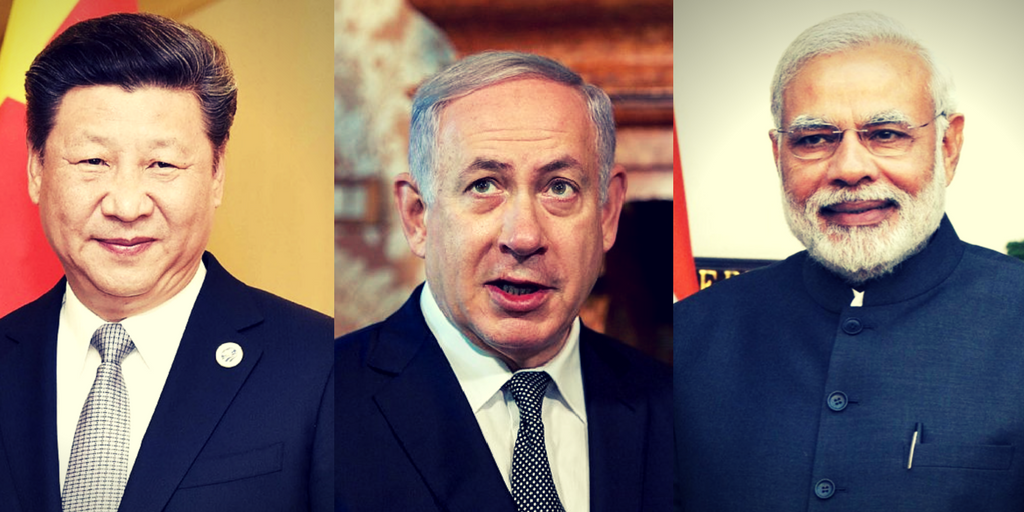The Coronavirus can no longer be ignored. It is a fast spreading and very deadly pandemic that has broken out of the 700 million person quarantine in China to have no begun spreading around the world. While the virus itself is scary enough most of the world’s pharmaceuticals are dependent on base ingredients found in China.
As the stock markets are beginning to crash as supply chains are being disrupted across the world.
So why is this connected to the end of the exile?
Exile is a corruption in the universal divine expression. In a sense, everything is in exile, because the universe lacks the divine harmony it was meant to have. This final stage of the exile comes when we are already back in our Land and yet we feel distanced from the Creator who has brought us back.
We have created vessels of sovereignty and yet have never used them in the Divine manner they are meant to be used. Instead the world and especially us have been redirected to a world of products, which are in of themselves the means of distraction that has pulled most of us towards the abyss of endless darkness.
Rebbe Nachman teaches that excess brings depression and as we know depression leads to exile. Where does this excess come from. It comes from the lust after money and as Rebbe Nachman teaches it is this uncontrollable desire for money which in today’s world really means products that has kept us as a world from reaching the final Redemption.
China is the engine of the West’s ability to mass produce endless products. Do we need them?
No. But we want them. We want and we want and we want.
Now the engine is being taken away and with it the last mirage of the Exile’s power over us. This will be painful. Many things will change, but the corona pandemic is the weapon that is knocking down the statue Daniel saw in his dream.





